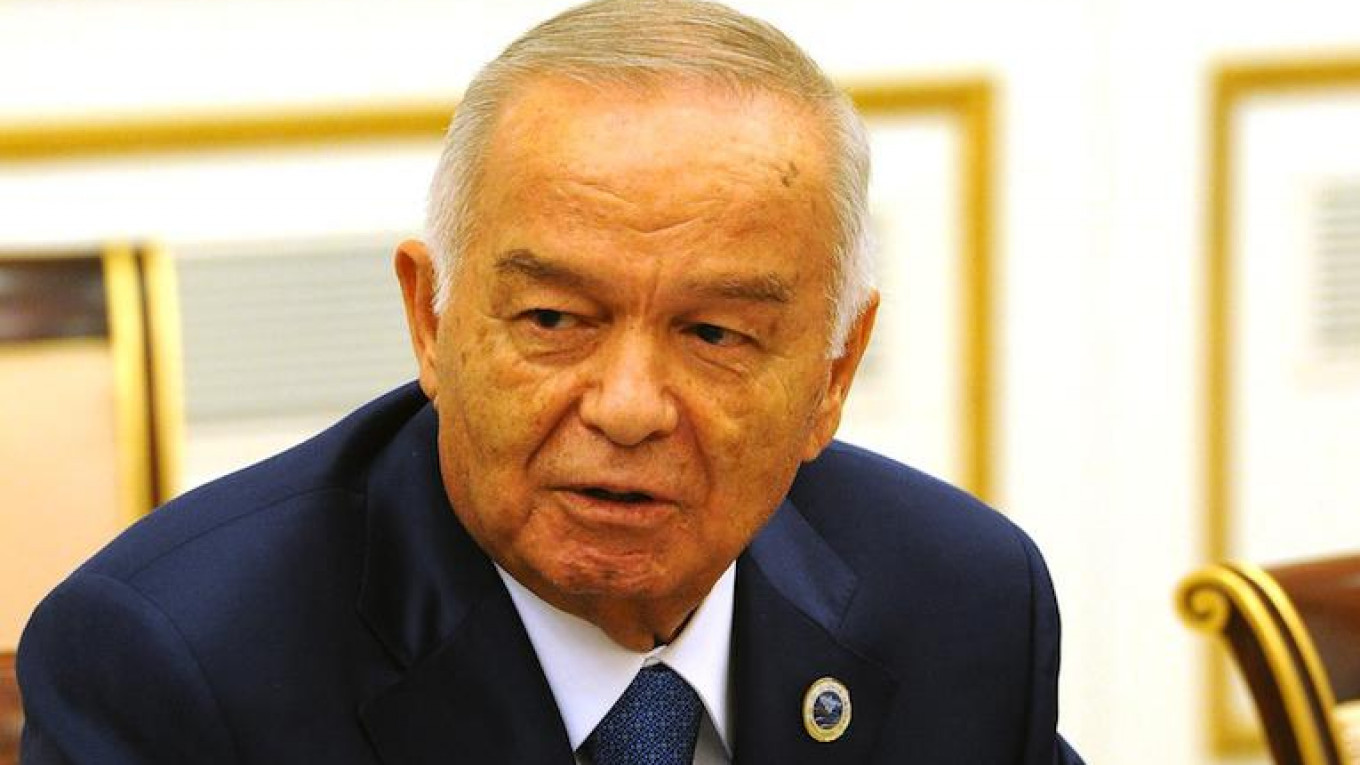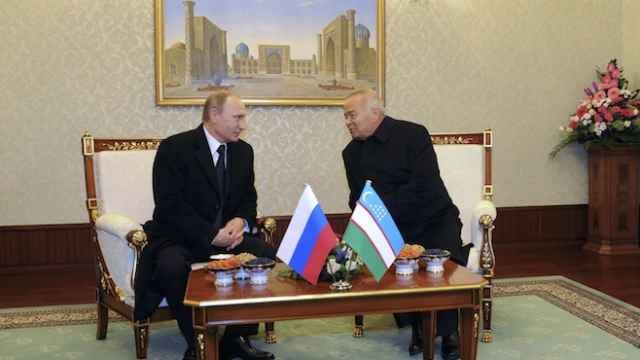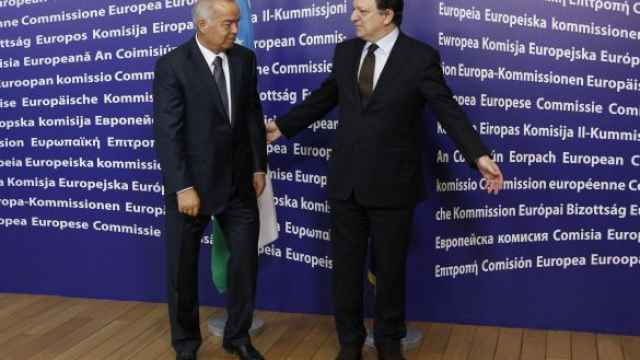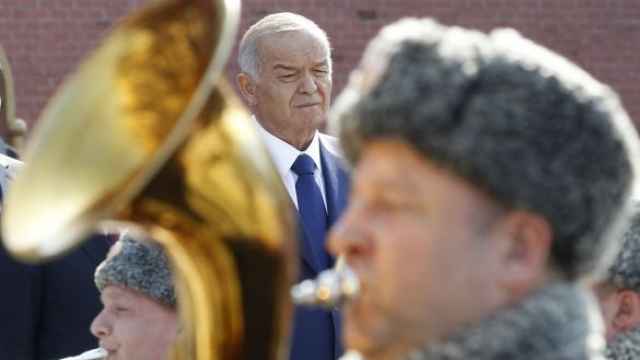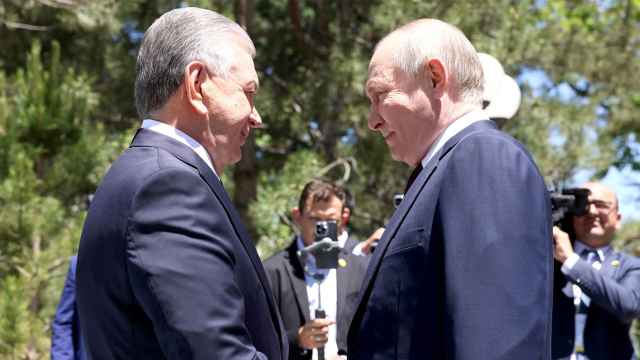The president of Uzbekistan, Islam Karimov, has been hospitalized, international media reported Sunday.
The president's daughter, Lola Karimova-Tillyaeva, later announced on her social media page that Karimov had suffered from a brain hemorrhage.
"I would like to write here about the sad events that befell our family last weekend," she wrote on Instagram. "My father was hospitalized after suffering a cerebral hemorrhage on Saturday morning, and is now receiving treatment in an intensive care unit. His condition is considered stable. At the moment it is too early to make any predictions about his future health. My only request to everyone is to refrain from any speculations, and show respect to our family's right to privacy. I will be grateful to everyone who will support my father with prayers," she said.
Karimov was last seen publicly on state television on Aug. 17. He had been expected to appear at Independence Day celebrations in the Uzbek capital of Tashkent on Sept. 1. The day will mark 25 years since the county's independence from the Soviet Union.
“The authorities have never made statements about Karimov's health, not in the 25 years of his presidency,” Daniel Kislov, chief editor of the Fergana news portal, told Russia's Moskovsky Komsomolets newspaper. “Now, the cabinet has announced this officially, so the situation must be serious. There's a chance that we could learn about his death a few days after it takes place, as we did with [Leonid] Brezhnev.”
"I don't believe the departure of Karimov will not change
anything dramatically," he said. "Authoritarian states do
not simply fall apart. Karimov's heir has long been decided on, and
shouldn't have any problems. I believe that the current prime
minister of Uzbekistan, Shavkat Mirziyayev, will take over the job.
He is close to the president's family and holds the top-ranking
position among the country's elite.”
Karimov, 78, has ruled Uzbekistan for the past 27 years. He first became leader of the Uzbek Soviet Socialist Republic in 1989, and remained in his post after the country gained its independence from the Soviet Union in 1991.
Karimov's regime has drawn worldwide criticism throughout its
history for its brutality, lack of free and fair elections, and
neglect of human rights.
In their 2016 World Report, the Human Rights Watch organization
said that, in Uzbekistan, “thousands of people are imprisoned on
politically motivated charges, torture is endemic, and authorities
regularly harass human rights activists, opposition members, and
journalists. Muslims and Christians who practice their religion
outside strict state controls are persecuted.”
The country was ranked 166 out of 180 on Reporters Without Borders' press freedom index this year.
A Message from The Moscow Times:
Dear readers,
We are facing unprecedented challenges. Russia's Prosecutor General's Office has designated The Moscow Times as an "undesirable" organization, criminalizing our work and putting our staff at risk of prosecution. This follows our earlier unjust labeling as a "foreign agent."
These actions are direct attempts to silence independent journalism in Russia. The authorities claim our work "discredits the decisions of the Russian leadership." We see things differently: we strive to provide accurate, unbiased reporting on Russia.
We, the journalists of The Moscow Times, refuse to be silenced. But to continue our work, we need your help.
Your support, no matter how small, makes a world of difference. If you can, please support us monthly starting from just $2. It's quick to set up, and every contribution makes a significant impact.
By supporting The Moscow Times, you're defending open, independent journalism in the face of repression. Thank you for standing with us.
Remind me later.



